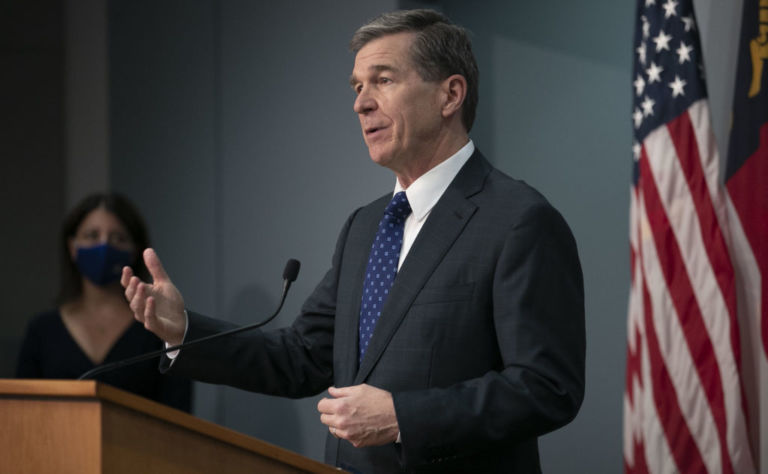Everyone in North Carolina is familiar with the executive orders Gov. Roy Cooper has been issuing to address the coronavirus outbreak. In the executive order he announced on Wednesday, he announced that restaurants and other businesses would be allowed to reopen at limited capacity. However, as our JLF’s Jon Guze pointed out in his recent research brief, Cooper has been making his decisions without any of the appropriate checks and balances. Guze explains:
Section 166A-19.10 of the North Carolina General Statutes lists the powers specifically delegated to the governor in a declared emergency. Nothing on that list comes close to giving him the power to shut down businesses or force people to shelter at home. Section 166A-19.30 gives the governor a broad range of additional powers, including the power, “To perform and exercise such other functions, powers, and duties as are necessary to promote and secure the safety and protection of the civilian population.” Significantly, however, the act states that he may only exercise those additional powers “with the concurrence of the Council of State,” a body of 10 elected officials that includes the governor, lieutenant governor, secretary of state, auditor, treasurer, superintendent of public instruction, attorney general, commissioner of agriculture, commissioner of labor and commissioner of insurance.
Guze continues:
When Cooper issued his March 17 order closing bars and restaurants, the order specifically stated that he had “sought and obtained the necessary concurrence from the Council of State consistent with the governor’s emergency power authorized in N.C. Gen. Stat. 166A-19.30(b).” In fact, he hadn’t. Six of the ten members refused to concur. When some of them complained, Gov. Cooper pointed to an alternative source of power: 19.30(c), which authorizes him to “impose by declaration prohibitions and restrictions in the emergency area … if he “determines that local control of the emergency is insufficient to assure adequate protection for lives and property.” Because this provision makes no mention of the Council of State, Cooper took the position that it effectively gave him unlimited power to act without Council of State concurrence.
However, there is no evidence that local control would not have sufficed. Afterall, Mecklenburg and Wake Counties implemented stay-at-home orders before Cooper did. Guze writes:
In his subsequent orders, starting with the March 27 “stay at home” order, Gov. Cooper didn’t bother to refer to 19.30(b) at all. Instead, he simply invoked his power under 19.30(c) and cut the other members of the Council of State out of the decision-making process altogether.
This is an abuse of power and due process. The governor has been citing 19.30(c), not because he has determined that local control is insufficient, but simply to avoid the necessity for Council of State concurrence.
Read the full brief here. Read more from JLF’s Jon Guze here.


